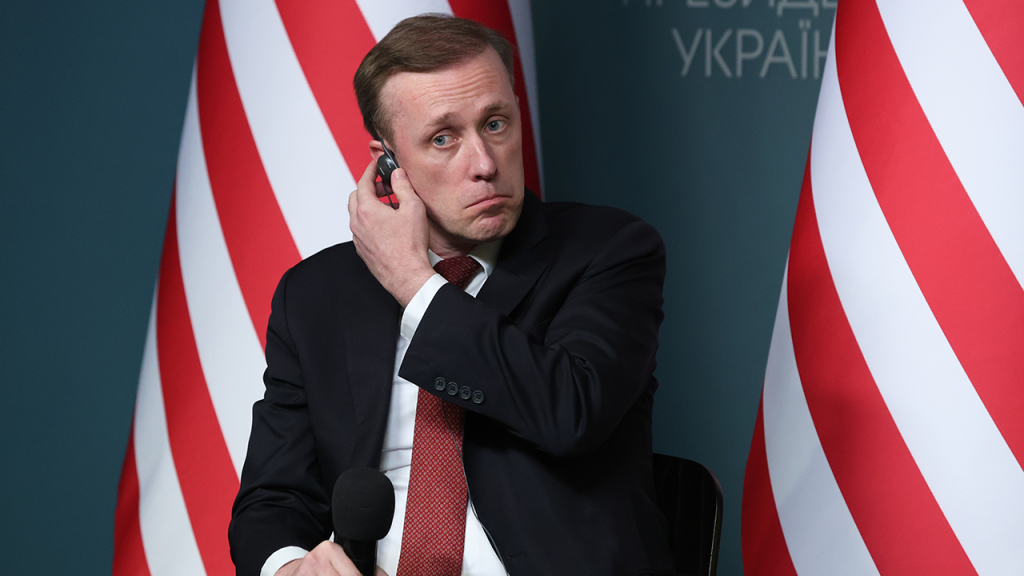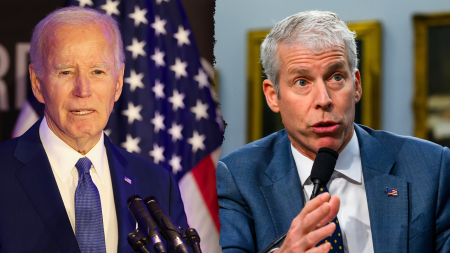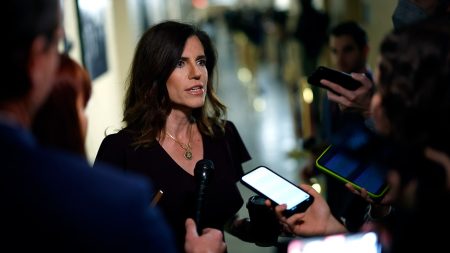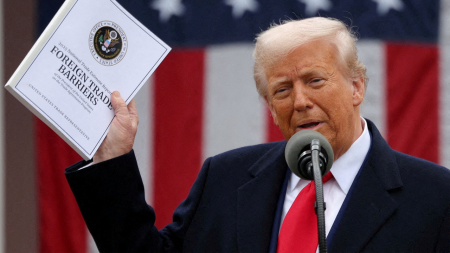Biden administration national security adviser Jake Sullivan was asked about his concerns regarding President-elect Trump naming Kash Patel as his pick to lead the FBI, despite Patel listing Sullivan as a member of the “deep state” in a book published last year. Sullivan brushed off being listed in Patel’s book and said he is focused on his remaining days in office. Patel’s book, “Government Gangsters,” was praised by Trump as a roadmap to exposing bad actors in the government. Patel wrote that the FBI has gravely abused its power and change is needed within the agency. Patel included an alphabetical list of alleged “deep state” members in the book, including Sullivan, Attorney General Merrick Garland, Vice President Kamala Harris, and FBI Director Christopher Wray.
Trump nominated Patel as his pick for FBI chief, sparking enthusiasm and anxiety. Patel, a fierce Trump loyalist, has vowed to target the deep state. Sullivan declined to comment on Trump’s nominees and instead focused on praising Wray’s work as FBI chief. He emphasized the importance of the FBI director being insulated from politics and serving terms beyond a single president’s administration. Wray would need to resign or be fired for Patel to assume the position, and the Senate would need to confirm Patel before he could take on the new role.
Sullivan’s response to the question about Patel’s nomination was to focus on his remaining time in office and ensuring a smooth transition to the next team. He stated that he wakes up every day to defend the country and protect national interests and that he cannot spend his time worrying about other things at this point. While Patel’s nomination has sparked concerns due to his labeling of individuals as part of the deep state, Sullivan chose not to engage in the controversy and instead remained focused on his current responsibilities.
Trump has lauded Patel’s book as a blueprint for removing bad actors from the government. Patel’s message is centered around the idea that change is needed within the FBI and that the agency has been abusing its power. By including an alphabetical list of alleged deep state members in the book, Patel has drawn attention to widespread concerns about corruption and lack of accountability within the government. His nomination as FBI chief has raised questions about the future direction of the agency and the potential impact of his appointment on its operations.
Sullivan’s reluctance to directly address the controversy surrounding Patel’s nomination reflects a desire to maintain professionalism and focus on the tasks at hand. He emphasized the importance of continuity and adherence to long-standing bipartisan traditions when it comes to appointing individuals to key positions in government agencies. While the future of the FBI remains uncertain with Patel’s nomination, Sullivan’s approach underscores the commitment to upholding the integrity and independence of institutions like the FBI. As the transition of power unfolds, the concerns and anxieties surrounding Patel’s appointment will continue to be a point of contention and debate among political observers and government officials.










